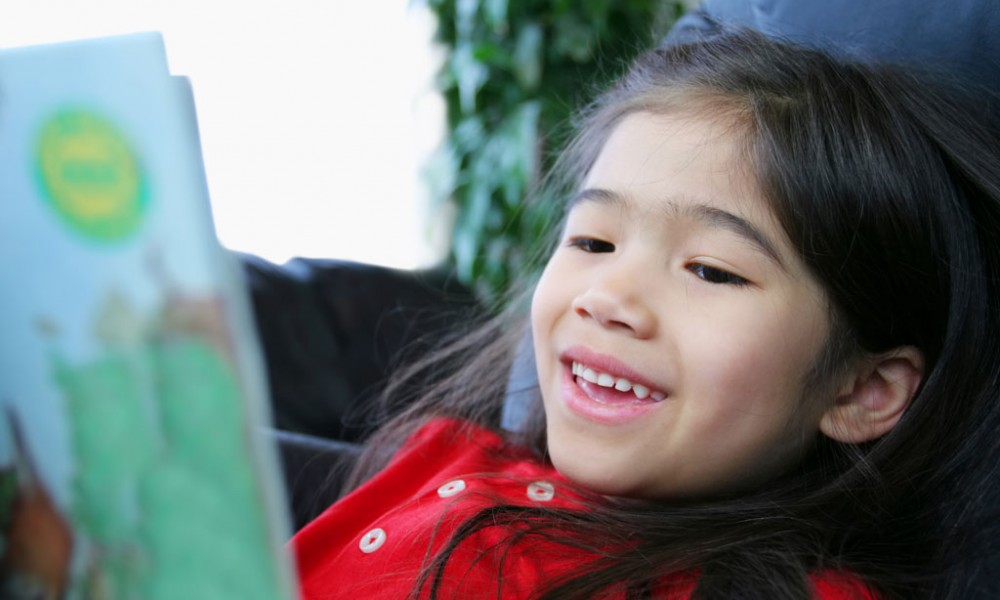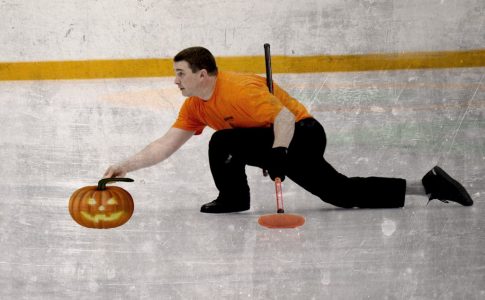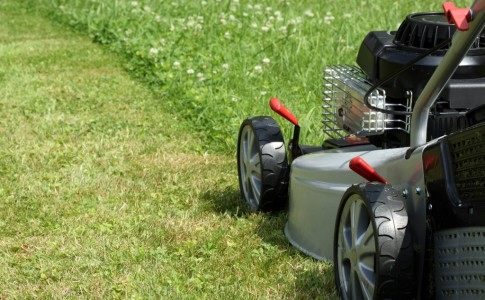I’m not an educator. I have four children who are now 11-16 years old. I survived the early reading years, barely. Whoever said kids love to read is not a parent or was a parent a long, long time ago, like when there weren’t smartphones. Up until my kids were in first grade, a trip to Barnes and Noble to pick out a special book was a treat. Once the reading journals hit the scene, my kids became less excited. One of my kids would actually pretend to read, going through the motions of opening the book, but not reading. He also pretended he was washing his hands or brushing his teeth, even turning on the water, but alas, no minty breath or soap smell. Why the charade? All these things are good for you!
It’s been drummed into our educated heads. Good readers are good learners. A child first learns to read, then this child has to read to learn in their other subjects. Reading is really the fundamental building block of education. So when my first grader was not a fluid reader, I panicked and hit the tutor button. He needed the fundamentals and he was behind! I lost countless hours of sleep, tossing and turning and wondering why my kids were not passionate readers.
Other parents around me got on soapboxes about reading trends and their excellent mom practices at home, which produced an imaginary army of reading robots. ‘The decaying of print books represents the decaying of learning,” one snooty pants mom said. Another mom, disguised as a pretty little savage, said, “My child (who is in kindergarten) finished the Jack and Annie books. Now there is nothing left in the space for him to read. He’s outgrown picture books.” Back then I cringed and beefed up my homework ‘help’. I wanted to say, “Hmm, deep statement to first one and wow, impressive to the second, but I can’t relate because my kid is still learning his sight words.”
I think we have taken the fun out of reading. There I said it! There are standards. There are levels. There are reading charts with stars for overachieving and early readers. And worried parents are wringing their hands as they compare and contrast their child to others, and, also to their own expectations.
Then within my mom group, the truth crept out. We were all struggling with our children’s reading levels at home and felt pressure to push the chapter books by first grade. Picture books were a strict ‘no-no’ if we were somewhere that fellow students might be. I started to yell, “Picture books are like Taco Bell bags. It makes me feel like I’m a bad mom! I’ve heard the words in the Harry Potter books are not all that hard! Let’s try a stretch book!” My older daughter agreed to try a sketch book, but no stretch book. My other kids continued to check out books from the school library that they liked, filled with pictures of animals, fairies and heroes. Or they checked out the same book, over and over, until every word was memorized. Thank goodness my moms and I told the truth. It was liberating. I wasn’t running out of time with my seven year old after all!
I think we have taken the fun out of reading. There I said it! There are standards. There are levels. There are reading charts with stars for overachieving and early readers. And worried parents are wringing their hands as they compare and contrast their child to others, and, also to their own expectations. I’m sorry but the best reader in kindergarten and the kid who could write her name first (let’s be honest, it’s usually a girl) are the envy of every parent. Until they realize this child is not necessarily the big achiever later on. There is no correlation of best reader in kindergarten and best student in high school. We need a longer term approach and we need to widen the definition from print book reading to developing children’s literacy. Let’s not push our children to peak before second grade in some narrowly defined area that contains a ladder! Ladders have only one way up!
We’ve taken the fun out of reading with the kids for us, as well. Who wants to pound the reading every night like the general of a rag tag army wearing pajamas and not prone to listen when they are tired. Why do we think this is what a good mom/parent does? All right, there’s one in every bunch, the child that brings a flashlight to bed so he can read more. His appetite for books is insatiable. But even this child has flaws we can’t see. Let’s not compare our child’s reading with this child’s. It’s defeatist for everyone.
There are a lot of myths out there about kids and reading – but we’re perpetuating them and turning them into yet another obligation. So I’m going t make a bold statement. Let the kids read what they want, how they want to read it. That’s right, ereaders are our friends. When we make new friends, we don’t throw our old friends away, well not usually. We can keep our print book friends but add ebooks as new friends, or animated books or audio books. We can even view educational apps as good. The kids are on the devices anyway. And they can read the same book eighty times, even if every page has a picture of something fluffy and furry on it.
My sister is the assistant principal at an inner-city kindergarten center. I asked her opinion about reading and literacy. She gave me some great quotes.
- Children who are exposed to literacy early and often become better readers and writers. Literacy isn’t just reading. It includes reading, writing, speaking, and listening.
- The children’s oral language development is negatively impacted when the adults don’t talk with them, ask them questions, and interact with them.
Children in K are not expected to be fluent readers. They are just starting to put sounds and words together. - In December, I donated a book for every child at her school. My sister told me 80% of the kids did not own a single book. Potential book lovers without a book? I couldn’t stand the thought. I sent them all a book for Christmas. Six different titles in the mix so each kid did not get the same one. They were so excited. My sister gave me her final quote. She said, “they read the books over and over, they act them out, they protect the books as a precious possession”. They viewed the books as a gift.
A light went on! It expanded my point of view on reading. Literacy is more than pounding on the number of books my child reads. It’s the interaction. This was her most important quote. Many of these kids could not decode the words at all. Their reading was more than looking at the words, they were interacting with the story. They were using their imagination. They were having fun.
I went home and said to my youngest, “If you can read the directions on that brownie box, I’ll bake them with you right now, and, we can eat one before dinner.” She was very excited and we had fun.
I took a lesson from this. I went home and said to my youngest, “If you can read the directions on that brownie box, I’ll bake them with you right now, and, we can eat one before dinner.” She was very excited and we had fun. In that moment I understood that not all kids have the same path or pace when they learn. Of course, reading is still the cornerstone on any learning journey. I couldn’t get the kids at my sister’s school out of my head. These kids were dying to read the books and I wanted my kids to feel the same about learning. Because this will take them a long way in their educational journey.
I approached another one of my children who was dragging himself through a school reading assignment. Normally, I would ask what the book was about, main characters, etc. This time I said, “After you finish that page, tell me your favorite word on the page.” He asked, “Why?” I said, “I don’t know. I’m just interested.” He told me his favorite word was ‘sizzle’. I said, “oh” and walked away. He kept coming out and telling me his favorite words from each page. It was fun and I hope it lasts.
I think multi-media is a great new opportunity for more reading, but as parents, we are challenged to make it interactive – not the child interacting with the device but us involved in the process. I have started to challenge the kids to read as many pages as me on the Kindle. I read my book and they read theirs.
Many studies have proven that children’s oral language development is negatively impacted when the adults don’t talk with them, ask them questions, and interact with them. So I’ve put down my general’s cap and I’m trying to savor the moments interacting with them while they still let me.





No comments